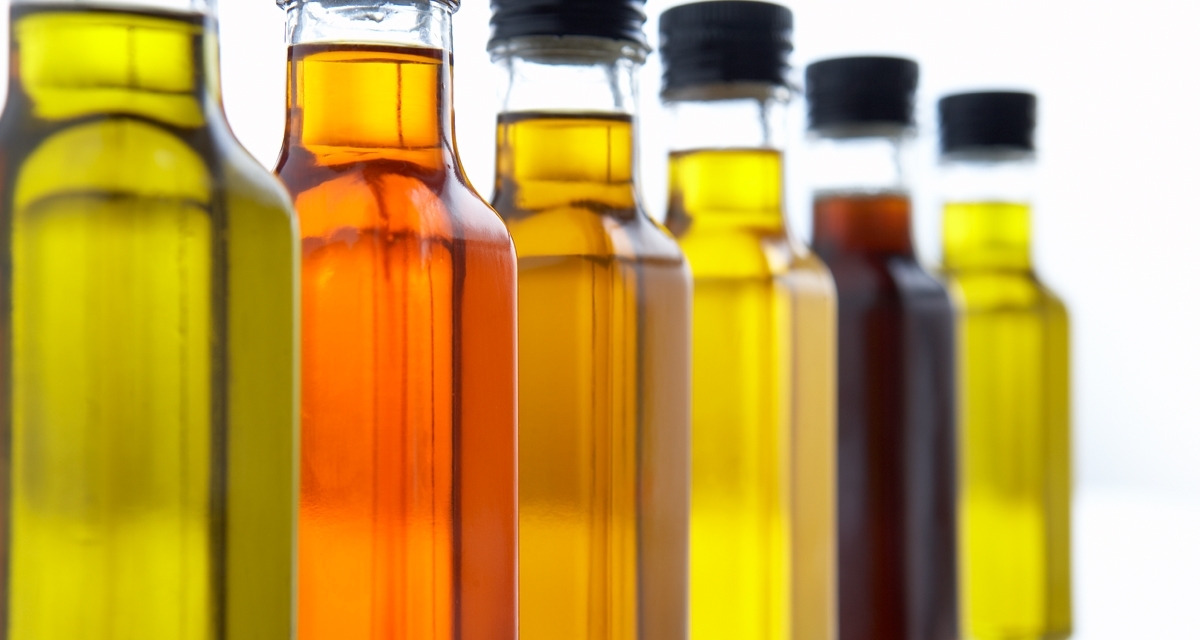
Refined olive oil
The refinement of olive oil submits it to a decoloration process by means of discoloring earth absorbents which are natural, pure products and through filtration that removes excess pigmentation. The process also includes distillation with heating in a vacuum that allows removal of the free fatty acids, which raise the acidity, and other components that can cause bad flavor and aroma. This process, called deodorization, neutralizes and corrects the flavor. At the end of this process, the oil loses its aroma, which, eventually, would make it defective, loses flavor, which could also be defective, and acidity that would be very high, and also lose color. The result is an olive oil devoid of aroma, flavor, color and with zero acidity. A refined olive oil, in this state, is never on sale to the consuming public.
However, not everything is as simple as it seems. The process described above may be absolutely physical, without any chemical component, or may be submitted to a process similar to that in the production of vegetable oils, that is, through the employment of chemical solvents. In the first case, aroma, flavor and color are lost, but there is no loss of vitamins, whereas, in the second case, a fraudulent process, prohibited by the International Olive Council, the losses are high, mainly with regard to the vitamin content.
What is done with refined olive oil, given that it is not sold retail? It serves as a base for olive oils. Some factories and/or mills add an undisclosed percentage, seldom over 25%, of virgin or extra virgin olive oil, transforming it into an olive oil. In fact, 90% of olive oils are a mixture of refined and virgin. They are the oldest and most traditional, despite the fact their quality is inferior to that of extra virgin or virgin.
How can we know that the oil was mixed with virgin or extra virgin? If it has 1% acidity, it is the result of a refined with a virgin. If the acidity is less than 0.8%, it is refined mixed with extra virgin. And how can we know which olive oil is derived from the chemical and physical process? There is no way of knowing, as no manufacturer informs this. When in doubt, seek those that bear the kosher or halal seal, as the Jewish and Moslem religions do not permit products derived via chemical processes.
